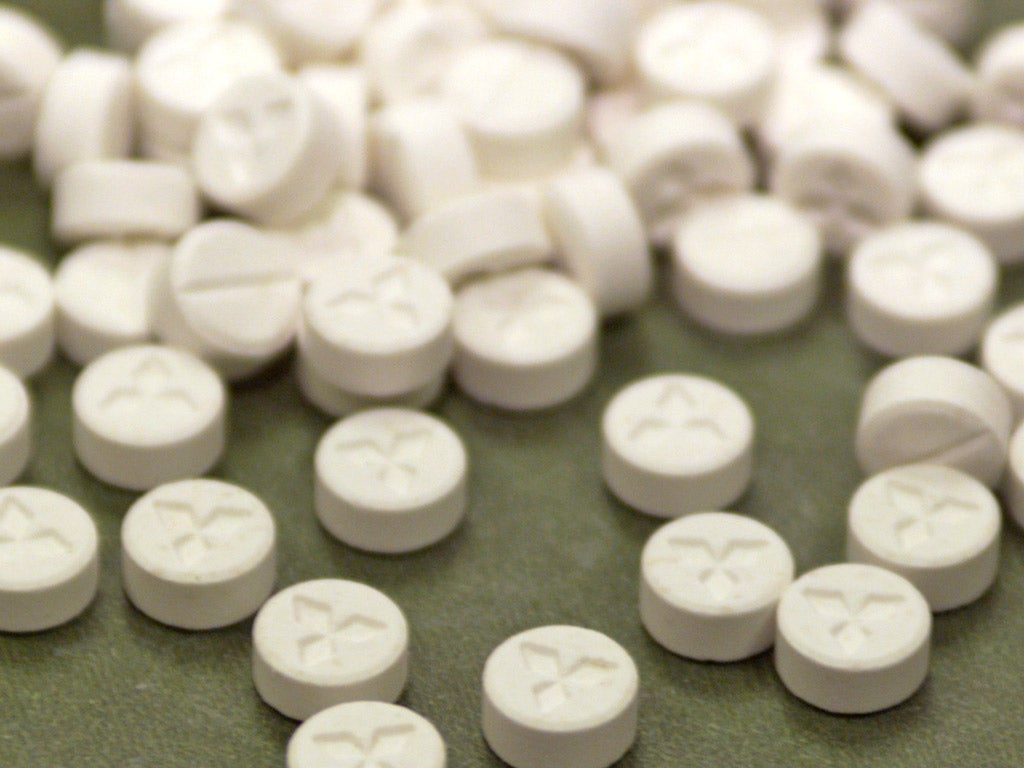
Your support helps us to tell the story
From reproductive rights to climate change to Big Tech, The Independent is on the ground when the story is developing. Whether it's investigating the financials of Elon Musk's pro-Trump PAC or producing our latest documentary, 'The A Word', which shines a light on the American women fighting for reproductive rights, we know how important it is to parse out the facts from the messaging.
At such a critical moment in US history, we need reporters on the ground. Your donation allows us to keep sending journalists to speak to both sides of the story.
The Independent is trusted by Americans across the entire political spectrum. And unlike many other quality news outlets, we choose not to lock Americans out of our reporting and analysis with paywalls. We believe quality journalism should be available to everyone, paid for by those who can afford it.
Your support makes all the difference.The dance drug ecstasy can help people suffering from post-traumatic stress disorder (PTSD) to benefit from psychotherapy, researchers have found.
Patients who took the drug experienced dramatic improvements in their condition for years afterwards, according to the study, which follows up on earlier research into the drug. Experts say the drug reduces fear and defensiveness and increases trust between patient and therapist, enhancing the effects of the psychotherapy. But scientists remain divided about the true effects of ecstasy.
The latest findings are based on a small trial of 21 patients who had PTSD for 20 years but who had not responded to psychotherapy. They were offered two eight-hour psychotherapy sessions and initial results, reported two years ago, revealed that 83 per cent of those given ecstasy showed significant improvement in symptoms compared with 25 per cent of those given a placebo.
The trial was criticised because the volunteers had been followed up only for a few weeks. Now Michael Mithoefer, a psychiatrist, and his wife Ann, a nurse, from South Carolina, report in The Journal of Psychopharmacology that four years later the benefits have been maintained.
Join our commenting forum
Join thought-provoking conversations, follow other Independent readers and see their replies
0Comments